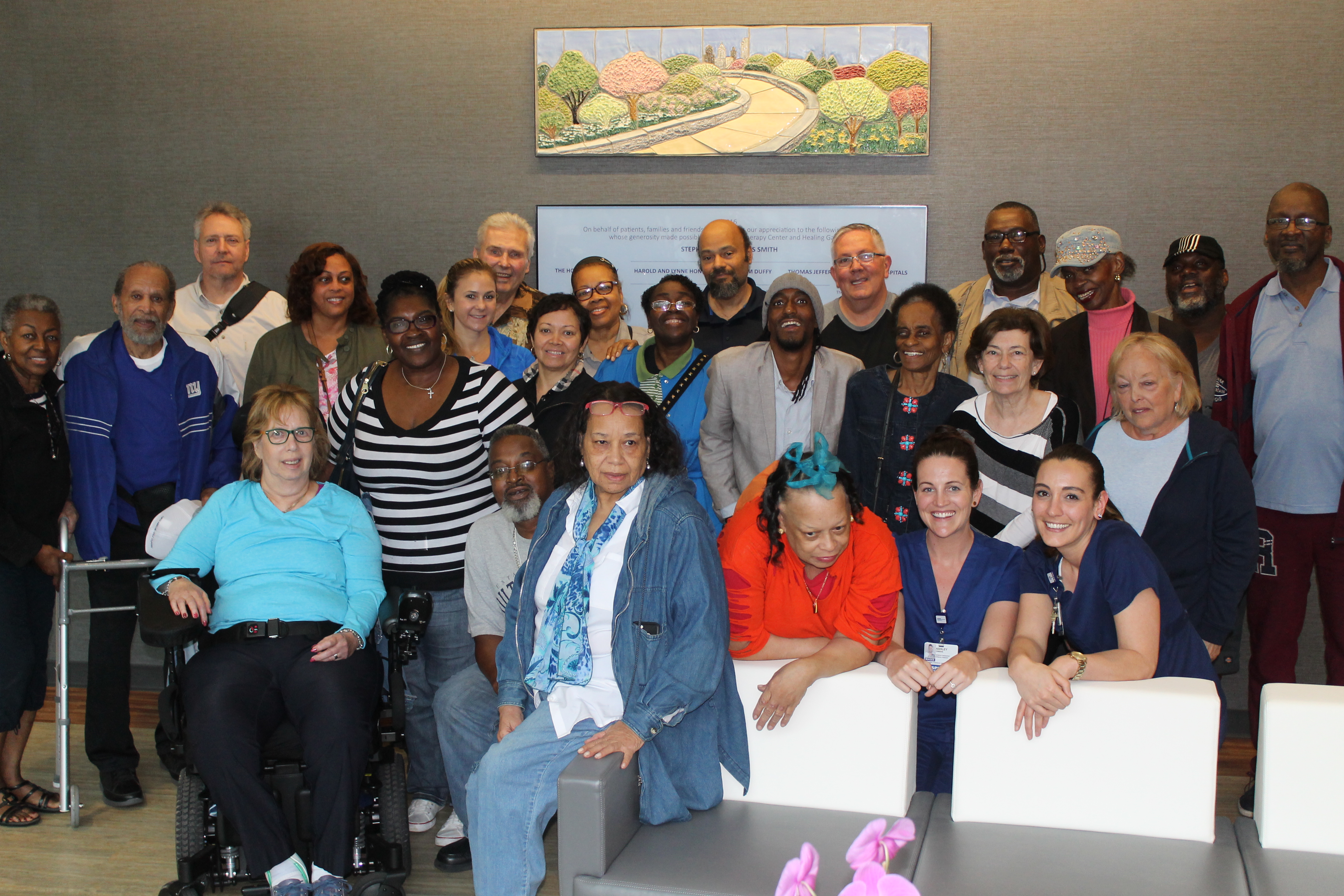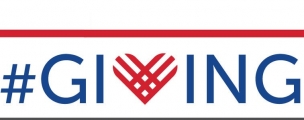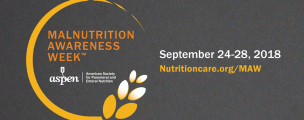When I was growing up, June was always one of my favorite months of the year. It meant that school was ending and that I could look forward to longer days, the beach, and no homework for the months ahead. While the month of June still makes me think of these things, it now also makes me think of aphasia. Aphasia is a communication disorder that is foreign to many and usually only understood by those in the medical field or those directly affected by the condition. Despite the fact that there are nearly two million people living with aphasia, a whopping 85% of Americans say that they’ve never heard of it! At Magee, we are on a mission to increase aphasia awareness and to teach as many people as we can about this silent, often misunderstood condition.
So, what is aphasia?
Aphasia is a communication disorder caused most commonly by a stroke or brain injury that affects an individual’s ability to use and/or understand language. Aphasia does not affect a person’s intellect and can vary in the type and severity. Aphasia can make it difficult for an individual to name objects, form sentences, understand questions/directions, or to read and write. Individuals have different strengths and weaknesses and may benefit from using different forms of communication to get their messages across.
Magee is fortunate enough to have a monthly Aphasia Support Group where individuals and their loved ones come together to practice communication skills, socialize, learn communication strategies, and stay up to date on new research in a welcoming and judgment-free environment. I am lucky to have the opportunity to co-facilitate the group and have been able to see firsthand just how much support, information, and communication practice it provides to members and their caregivers. During my time as a facilitator, I’ve learned so much from group members about ways that communication can be made easier for those living with aphasia. Here are some popular communication tips and recommendations brought forward by our group members.
Top 7 Communication Tips from Magee’s Aphasia Support Group
- Engage: Get the individual’s attention before you start speaking.
- Remove distractions: Minimize or eliminate background noise such as the television, radio, and other people talking.
- Watch your volume: Keep your voice at a normal level. Do not speak loudly unless the individual asks you to do so.
- Don’t demean: Keep communication simple but adult. Don’t talk down to the person with aphasia.
- Break it down: Simplify sentences and emphasize key words. Use yes/no questions rather than open-ended questions.
- Be patient: Give the individual time to understand and respond to questions. Resist the urge to finish sentences or offer words.
- Accept diversity in communication: Communicate with drawings, gestures, writing, and facial expressions, in addition to speech. Communication is not always verbal for individuals living with aphasia. Getting the message across is key!
Magee’s Aphasia Support Group meets the first Tuesday of each month (except for August) and is led by Magee Speech-Language Pathologists Ashley Owens and Ashley Furlong. To join or get more information, please contact Ashley Owens at 215-587-3484.
To learn more about aphasia, visit the National Aphasia Association or click here.
Photo: Magee’s Aphasia Support Group at their June 2017 meeting







